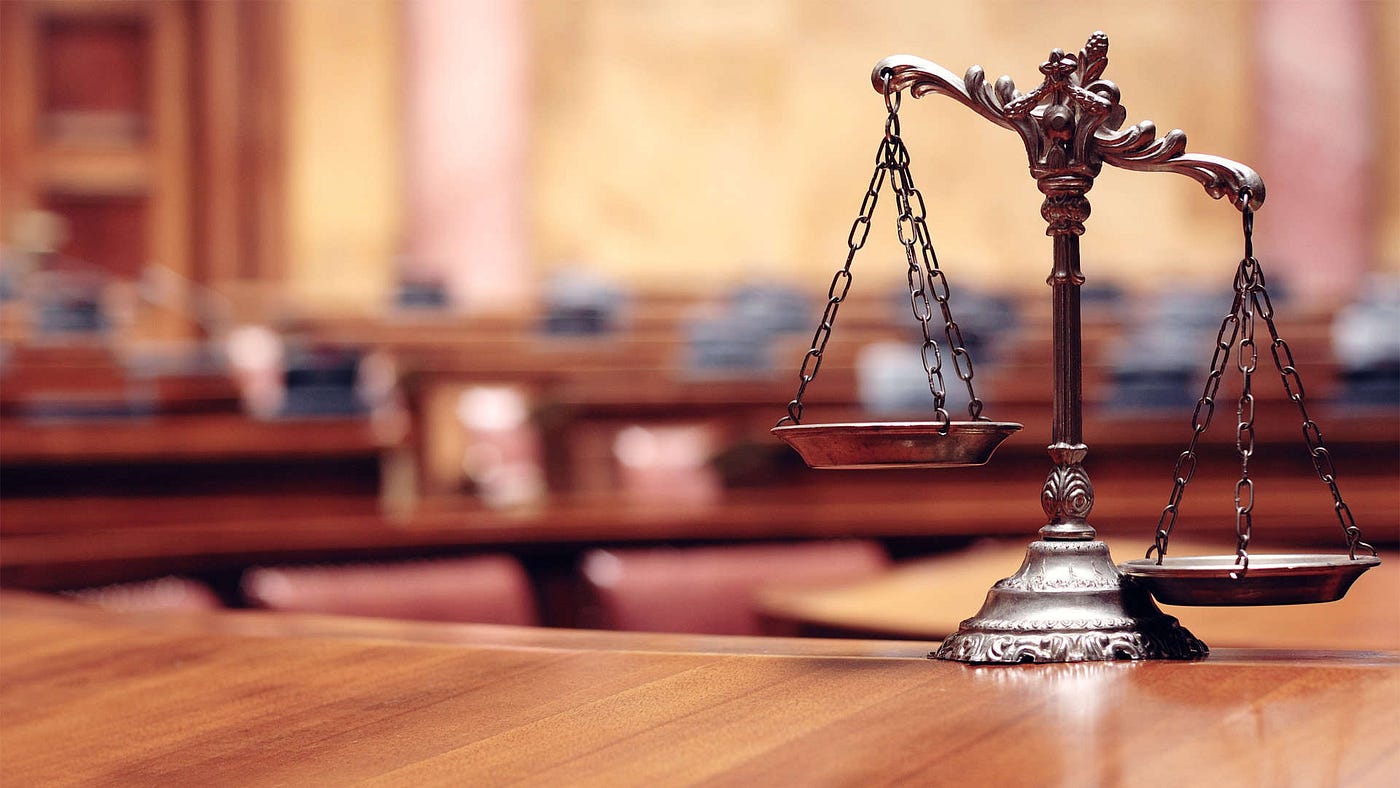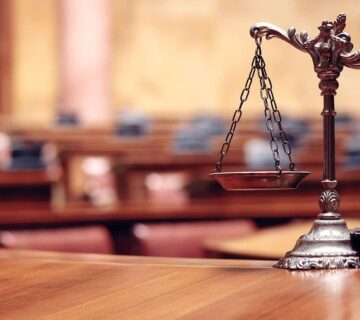This article is authored by Gauri Bansal and edited by Mr. Anoop Prakash Awasthi, AOR and Adv. Prapti Singh.
SC/0304/1975
FACTS
This case is regarding an appeal against the decision of the Allahabad Highs Court invalidating Smt. Indira Gandhi’s election on the ground of there being corrupt practices. During this time, Parliament passed the 39th Constitutional Amendment, which added a new Article 329A to the Constitution of India.
Article 329A (clause 4) stated that the election of the Prime Minster and the Speaker cannot be challenged in any Court in the country. It can instead be challenged before a committee formed by the Parliament itself.
QUESTIONS OF LAW
The main question involved in the case was of the validity of clause 4 of Article 329A The question was whether clause (4) of the said Article was violative of the principle of equality as envisioned in the Constitution. And whether this clause destroyed judicial review.
HELD
The clause was struck down by the Court on the ground that it violated free and fair elections which was an essential feature that formed the Basic Structure. The exclusion of judicial review in election disputes is a violation of the same.
The Supreme Court held that clause 4 of Article 329A was unconstitutional and void on the ground that it was an outright denial of the Right to Equality enshrined in Article 14. It was held by the Court that these provisions were arbitrary and were calculated to damage and destroy the Rule of Law.
Justice H.R. Khanna held, that democracy is the Basic Structure of the Constitution and it includes free and fair elections which cannot be violated.
The Supreme Court in this case, added the following feature as ‘Basic Features” to the list of basic features laid down in Keshavananda’s Case. These are:
- Rule of Law
- Democracy, that implies free and fair elections
- CONSTITUTION INDIA
- Democracy
- Judicial Review
- Jurisdiction of the Supreme Court under Article 32




